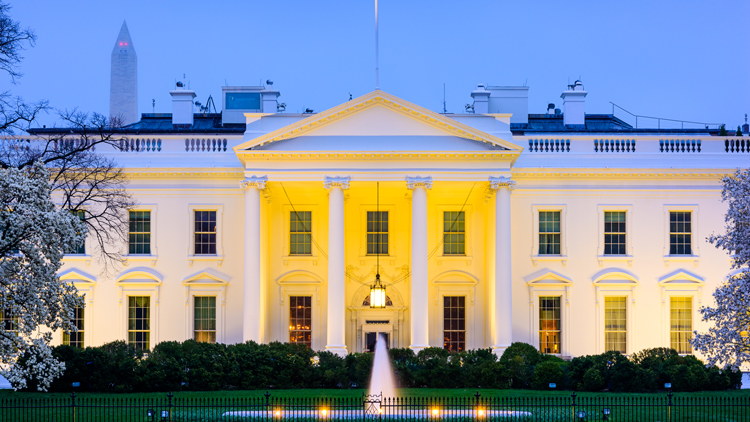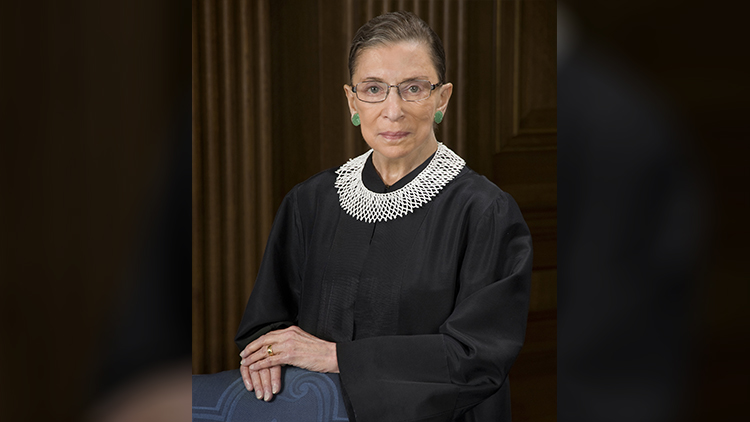How Does Our Government Work?

The US government operates as a representative democracy. This means that ordinary citizens vote for leaders who represent them in government. These leaders then make decisions on their constituents’ behalf. One core concept of American democracy has always been self-government—the idea that a nation’s government is determined by its people. Or as Abraham Lincoln phrased it in the Gettysburg Address, “government of the people, by the people, for the people.”
In the United States, every eligible citizen gets to cast one vote. The candidate who receives the most votes is the victor. Sometimes, people vote for ballot measures rather than candidates. Whether voters are deciding between candidates or on a ballot measure, the basic concept is the same: A majority of voters make a decision that guides what the government does. Americans don’t just participate in one election; they participate in many. These include state, local, national, and tribal elections.
Liberty, equality, and respecting the rule of law are foundational values of the United States. We believe that people have “certain unalienable rights.” We believe that all people “are created equal.” We believe that it’s a citizen’s responsibility to obey the law and that no one is above the law. However, the United States hasn’t always lived up to these values. At the nation’s founding, most people were not allowed to vote. It took generations and the efforts of millions of Americans to change the laws to recognize the voting rights of African Americans and women. According to the US Department of Justice website, “the right to vote is the cornerstone of our democracy—the right from which all other rights flow.”
As you discuss the basic concepts of democracy with your students, ask them:
- Do you think the vote of one person is important? Why or why not?
- Who should be able to vote and why?
Use the number buttons below to go from topic to topic. Let’s keep going.
Photo Credit: Sean Pavone/Shutterstock



